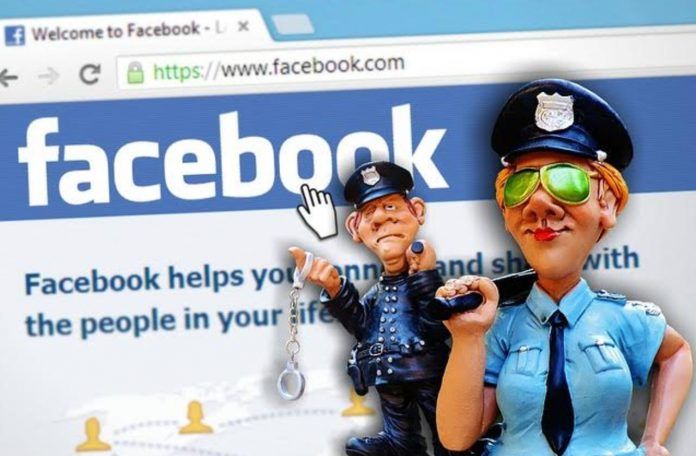In a new blog post, published by Mark Zuckerberg, on the 6th of March, he claims that Facebook will increasingly shift its focus from public posts to encrypted communications on its trio of messaging apps. The CEO of the social media platform says that“encryption will be one of the keys to Facebook’s future” and that the company“is willing to be excluded from some countries that refuse to let it operate”.
“As I think about the future of the internet, I believe a privacy-focused communications platform will become even more important than today’s open platforms,” Mark Zuckerberg refers. “Today we already see that private messaging, ephemeral stories, and small groups are by far the fastest growing areas of online communication”, he adds.
“Privacy first” is the main goal of Facebook’s policy for the future and this initiative marks a reversal behaviour for Facebook, which always prospered as one of the world’s wealthiest companies by creating new methods of data collection and consenting brands to sell through advertisements.
“I believe the future of communication will increasingly shift to private, encrypted services where people can be confident what they say to each other stays secure and their messages and content won’t stick around forever,” says Zuckerberg in 3200 words blogpost. “This is the future I hope we will help bring about”, enhances the CEO.
Facebook has spent a few years in the middle of scandals related to data privacy. The criticism has come towards this post as one more strategic play to data-collection. This may also represent a business opportunity, as he says that “the encrypted messaging tools will create room for new business tools”. Regarding the services, Facebook will become “a platform for many other kinds of private services”, he claims.
Zuckerberg highlights that to achieve the goals he mentions in the post “Facebook will not store sensitive data in countries with weak records on human rights like privacy and freedom of expression.” This statement comes in the demand from countries like Russia and Vietnam, which are increasingly wanting that tech platforms store user data locally, where it is easily intercepted by law agencies.
“Upholding this principle may mean that our services will get blocked in some countries, or that we won’t be able to enter others anytime soon,” Zuckerberg writes. “That’s a trade-off we’re willing to make. We do not believe storing people’s data in some countries is a secure enough foundation to build such important internet infrastructure on.” Here is a little reminder of Zuckerberg’s will to open Facebook in China.
The CEO of Facebook didn’t aim a time accomplishment instead he mentions “over the next few years”,so users will still need to hold their horses. He mentioned that structuring the services he defined will involve trade-offs and the wrath of law enforcement. “We have a responsibility to work with law enforcement and to help prevent these wherever we can.” He still mentions that they “are working to improve the ability to identify and stop bad actors across our apps by detecting patterns of activity or through other means, even when we can’t see the content of the messages, and we will continue to invest in this work. But we face an inherent trade-off because we will never find all of the potential harm they do today when the security systems can see the messages themselves.”
Facebook will invest as well in turning messages “more ephemeral”. The corporation will ponder deleting messages by default after a month or a year, permitting the user to opt out if they wish. “Moreover, Facebook will reduce the amount of time it stores metadata about messages”, adds Zuckerberg.

